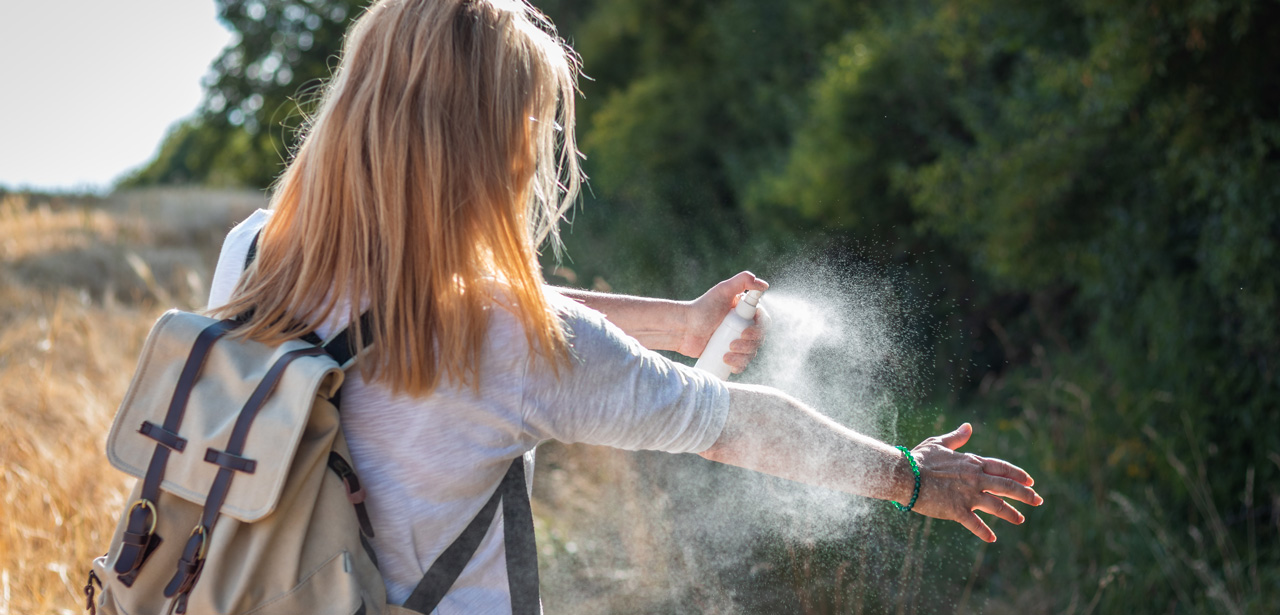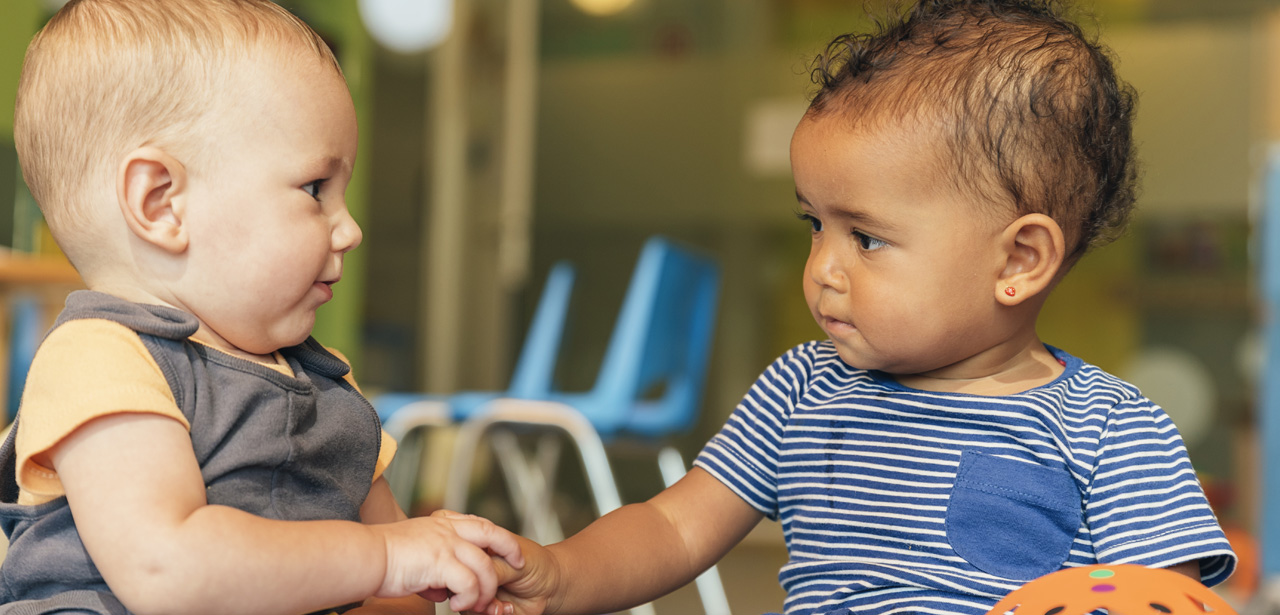PURPOSE: The objective of the study is to evaluate the relation between antioxidant-rich beverages and the incidence of breast cancer. METHODS: This prospective study consisted of 4396 women without a history of cancer who were participants in the French Supplementation en Vitamines et Mineraux Antioxydants Study. Beverage consumption was estimated by using three nonconsecutive 24-hour recalls. Incident cancer cases were identified through clinical examinations performed every other year, including, e.g., a screening mammogram, and through a monthly health questionnaire. RESULTS: During the median 6.6 years of follow-up, 95 breast cancers were diagnosed. In a multivariate model, an inverse association between herbal tea consumption and risk for breast cancer was observed (compared with nondrinkers, drinking 1 to 149 mL/d; relative risk [RR], 0.93; 95% confidence interval [CI], 0.48-1.80, and for > or =150 mL/d; RR, 0.43; 95% CI, 0.20-0.94; p for trend = 0.04). Consumption of coffee, tea, fruit juices, or wine was not associated with risk for breast cancer. CONCLUSION: Results of this study suggest that consumption of herbal tea may have a role in the prevention of breast cancer. (R.A.)
Auteur : Hirvonen T, Mennen L, de Bree A, Castetbon K, Galan P, Bertrais S, Arnault M, Hercberg S
Annals of Epidemiology, 2006, vol. 16, n°. 7, p. 503-8


